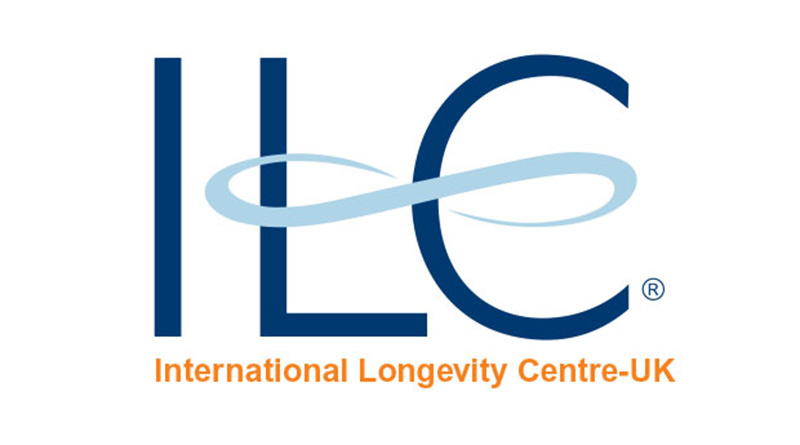ILC Calls On G20 Governments To Recognise The Economic Value Of Caring
The International Longevity Centre (ILC) has released a report entitled, ‘Health equals wealth: The global longevity dividend’, which highlights the substantial economic value of older people’s care and volunteering:
- The average unpaid contributions of older people across the EU and Turkey could be worth as much as 1.4% of GDP – more than what these countries spend on defence.
- People aged 65 and over spend more time volunteering and caring than any other age group.
- Across Europe, these contributions average 124 hours per person, per year.
The report also highlights variation in the amount of caring and volunteering done by older adults across the world:
- In the Netherlands, older people spend an average of 67 hours volunteering and 91 hours informally helping other households.
- In India and Canada, the number of hours older adults spend volunteering per year is especially notable, at 82 and 80 respectively.
Older people the report adds spend more time volunteering in countries that spend more on health and preventative health as a proportion of GDP, and where more people aged 65 and over report good health. They also spend more time caring or looking after grandchildren outside the household in countries where more older people (aged 65 and over) are not limited in daily activities.
Whilst time spent volunteering per person increases with age, the number of volunteers falls after the age of 65 in many countries – potentially due to worsening health.
ILC are urging G20 Governments to maximise the longevity dividend by:
- Spending at least 6% of their health budgets on preventative health interventions;
- Tailoring health interventions to meet the needs of disadvantaged groups and prioritising health spending on disadvantaged populations;
- Supporting the development of the health and care economy in recognition that these industries can create jobs and future growth.
And call on G20 Governments to:
- Recognise and measure unpaid contributions of older people.
- Take into account the impact of health on unpaid contributions when making decisions about investing in health (such as cost-benefit analysis models).
- Develop strategies to support older carers and grandparents and enable and incentivise volunteering at all ages.
David Sinclair. Director, ILC argued: “We’ve become accustomed to our ageing population being presented as a bad thing. Dangerous rhetoric painting older people as disposable has become far too common, particularly since the start of the COVID-19 pandemic.“
“We can’t ignore the challenges for the public purse and the wider economy – but realising the opportunities of ageing can help address these.”
“Unpaid contributions from older people are strengthening communities and helping to support the formal economy.”
“We must invest in preventative health to ensure we maximise the longevity dividend. To better capture not only the significant formal, but also informal contributions of older people, we should move towards complementing GDP with a measure that factors in health and inclusion such as the Inclusive Development Index.”
Deborah Alsina MBE, Chief Executive of Independent Age, said:
“It is clear from ILC’s report, and other evidence, that people continue to contribute to society long after stopping work.”
“Many older people make an enormous difference volunteering their time to help others – for example, in Independent Age’s 2019 volunteer engagement survey, 30% of respondents were over 65. We also speak to many people who provide unpaid care for someone close to them, and they regularly share with us the extreme physical and mental strain of this responsibility.”
“It’s essential that as a country we invest in our health and care services to ensure that people in later life, who give back so much to our communities, are also given the support they need.”
Maciej Kucharczyk, Secretary General, AGE Platform Europe added:
“The report is timely and provides valuable arguments for the upcoming Green Paper on Ageing, to be published by the European Commission in early 2021, to adopt a truly positive discourse and comprehensive policies on ageing. We also call for strong investment at European level in public health and supportive communities. This is crucial to foster the engagement of older people, to combat inequalities and to create an equitable society for all ages.“






